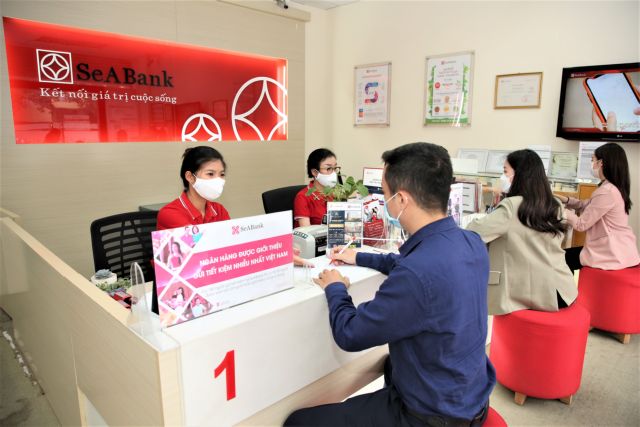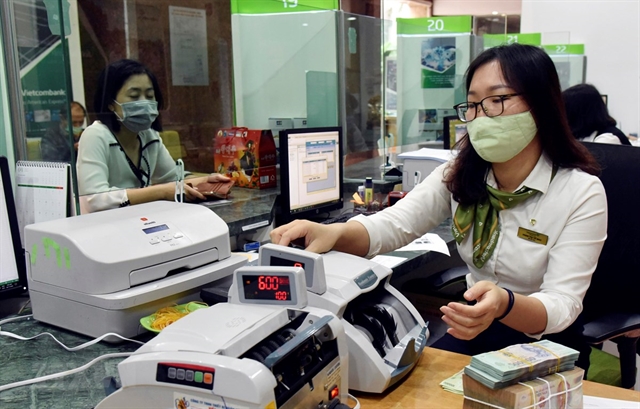

|
| While highly beneficial for both employers and employees, working from home is also laden with security risks. — Photo courtesy of Kaspersky |
HCM CITY — After getting familiar with the concept of working from home, Vietnamese workers are ready to embrace hybrid work.
While highly beneficial for both employers and employees, this is also laden with security risks, according to Kaspersky, the global cyber-security and digital privacy company.
Yeo Siang Tiong, its general manager for Southeast Asia, said: “According to our ‘Securing the Future of Work’ research, about 74 per cent of respondents want more flexible and comfortable working conditions.
“As we have been working from home, a range of new devices such as personal computers, tablets and mobile phones were connected to company data and accounts. The process of transferring files from home to work computers can come as an opportunity for hackers.
“The post-pandemic planning stage is an opportunity for businesses to review how their IT demands have changed over the past months, and how this remote set-up will change after their employees embrace a hybrid working environment.”
The constantly changing working environment requires businesses to build better data management, security and process workflows and protocols to limit the risk of online virus infection, malicious code and information leakage, accidental download of files containing viruses, and offline risks exchanged via USB, CD or DVD, to name a few, he added.
According to Kaspersky statistics, a total of 47.6 million brute-force attacks versus Remote Desktop Protocol (RDP) were recorded in Việt Nam in the first half of 2021, a period when businesses promoted digital transformation and made the transition to working from home.
“Although we’re excited about our more flexible and autonomous future, employee well-being and security need to be kept top of mind to ensure the post-pandemic development of business. We need to make sure that our employees stay safe no matter where and how they work.
“Keeping work-from-home cyber-security workarounds and maintaining the security of corporate endpoints are also necessary to ensure the safety of businesses’ data. Besides, providing employees with efficient security awareness training will help businesses take the right path on the way to achieving a successful future at work.”
Kaspersky experts shared some tips to help employees and businesses build a roadmap and apply the hybrid working model effectively: updating internal systems and keeping work-from-home cyber-security workarounds with additional protection measures, educating employees to use basic security practices when working remotely, keeping separate devices for home office and for the actual office if possible, and using a reliable security solution.
When working remotely, employees should enable network level authentication and consider choosing services that offer two-factor authentication with its permission to make the accounts significantly harder to breach, use a password manager both to create strong passwords and manage them and always back up important data. — VNS




















